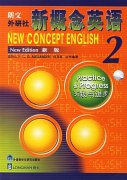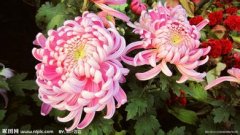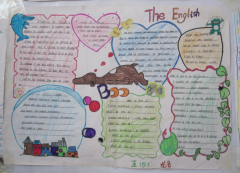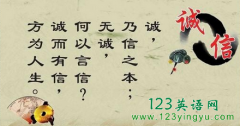高中语法大全 第三部分(2)
编辑:admin
2) every 指三个以上的人或物(含三个),each指两个以上的人或物 (含两个)。
3) every 只作形容词,不可单独使用。each可作代词或形容词。
Every student has to take one.
Each boy has to take one.
Each of the boys has to take one.
4) every不可以作状语,each可作状语。
5) every 有反复重复的意思,如 every two weeks等; each没有。
6) every 与not 连用,表示部分否定; each 和not连用表示全部否定。
Every man is not honest. 并非每个人都诚实。
Each man is not honest. 这儿每个人都不诚实。
返回顶端〉〉
2.18 both, either, neither,...
这些词都可用作代词或形容词。其位置都在be 动词之后,行为动词之前或第一助动词之后。
1) both (两者都),either(两者中任何一个), neither (两者都不)。以上词使用范围为两个人或物。
Neither of the two boys is clever. 两个男孩都不聪明。
2) both,either
both与复数连用,either与单数连用。
Both the boys are clever. 两个男孩都很聪明。
Either of the two boys is clever. 两个男孩都很聪明。
There are flowers on both sides of the street.
(两岸)
There are flowers on either side of the street.
(岸的两边)
路边长满了野花。
3) all (所有的,全部的人或物),any (任何一个), none (都不)。 以上词使用范围为三者以上。
All the flowers are gone. 所有的花都谢了。
I don't like any of the flowers. 这些花我都不喜欢。
I like none of the flowers. 这些花我都不喜欢。
注意:all与none用法一样。跟单数名词,用单数动词;跟复数名词,用复数动词。
All of the students are there.
所有的学生都在那。
All (of) the milk is there.
所有的牛奶都在那。








